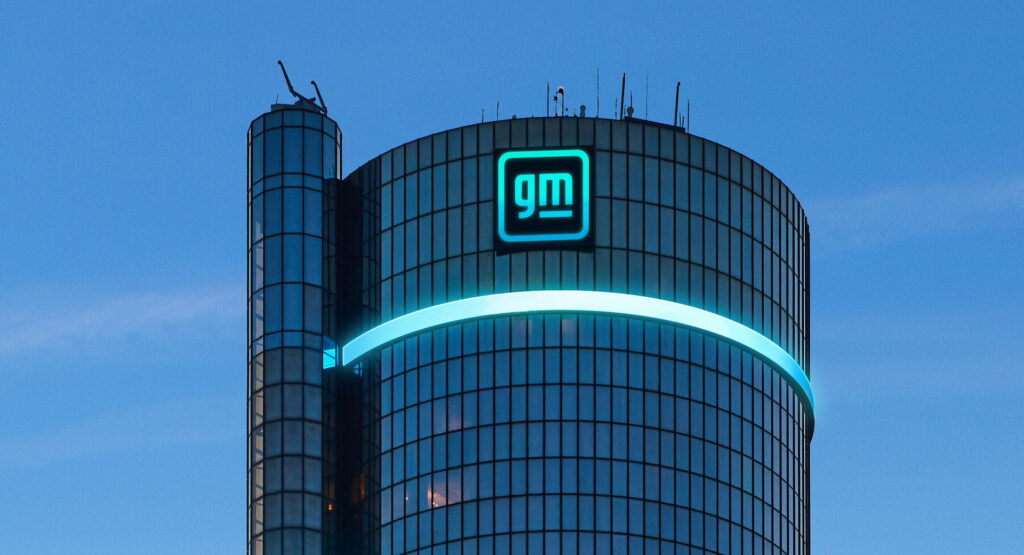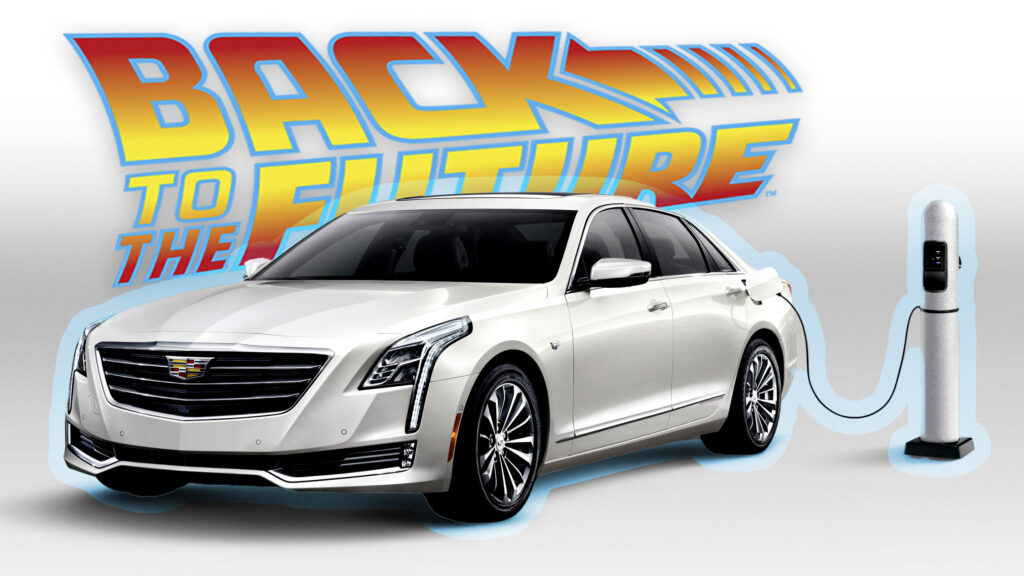Modern cars are complicated, and when they break down they can cost thousands of dollars to repair if not covered by an automaker’s warranty, so it’s no surprise some drivers are happy to hand over money to firms promising extra protection. Unfortunately, some of those firms are more interested in keeping their gravy train going than keeping your car running.
America’s Federal Trade Commission (FTC) has just banned the people behind one such scam from working in the telemarketing and vehicle warranty industries after finding that Florida-based American Vehicle Protection (AVP) fleeced honest drivers out of more than $6 million.
AVP made cold calls – including to drivers on the FTC’s no-call list – untruthfully claiming to be affiliated with automakers and selling extended warranties that cost thousands of dollars and promised “bumper to bumper” protection. The scam started in 2018 and was still running in 2022 when the FTC charged Kole Consulting Group and its owner Dan Kole with involvement with AVP’s fraudulent activities.
Related: Hyundai Won’t Replace Car’s Engine Because Owner Didn’t Keep Oil Change Receipts

“Kole and AVP blasted consumers with illegal calls and made bogus claims about bumper-to-bumper warranties,” said Samuel Levine, Director of the FTC’s Bureau of Consumer Protection.
“Today’s order bans Kole and his company from the extended auto warranty industry and imposes a monetary judgment of $6.6 million, continuing the Commission’s aggressive crackdown on telemarketing fraud.”
In addition to banning the defendants from working in the telemarketing and warranty industries, the court order set a monetary judgment roughly equivalent to the amount of money the scam is believed to have netted. But that award has been partially suspended because the defendants say they can’t afford to pay, leaving Kole to hand over $500,000 and leaving thousands of American drivers out of pocket. The FTC had already reached a deal earlier this year with other people over their part in the scheme.








